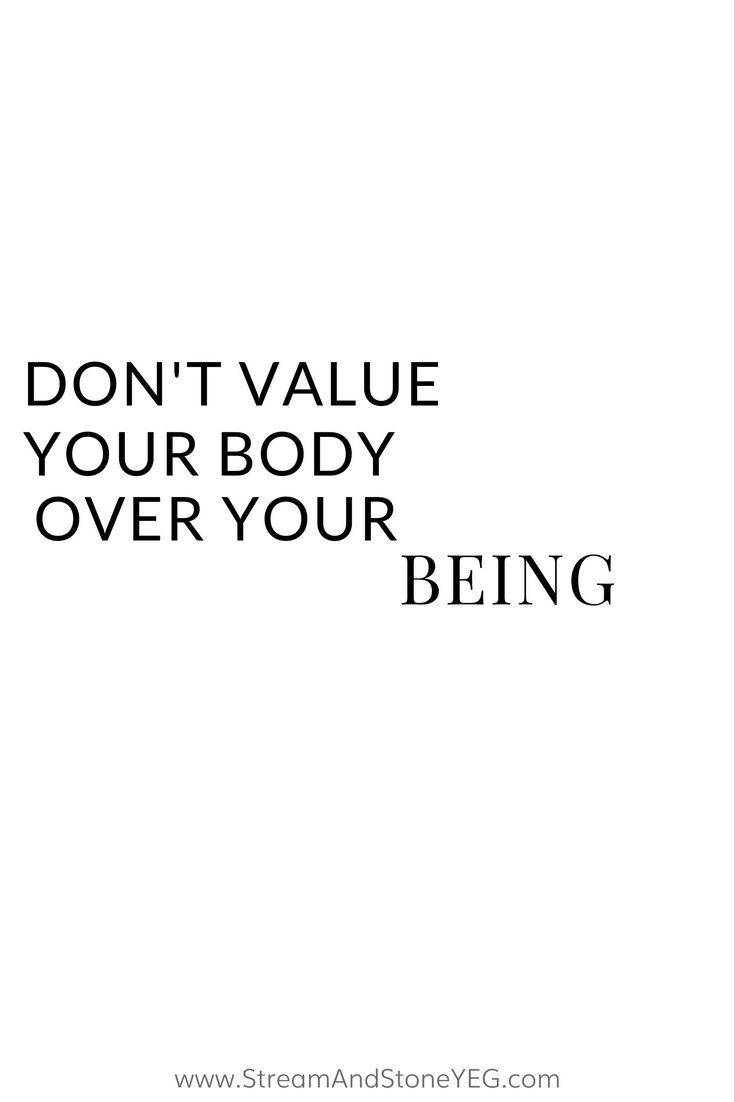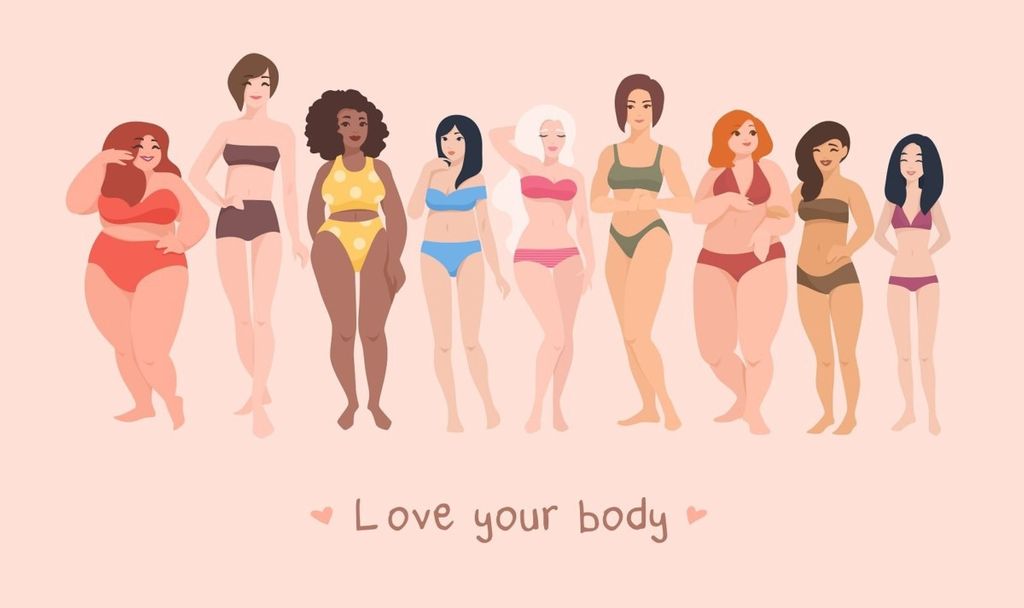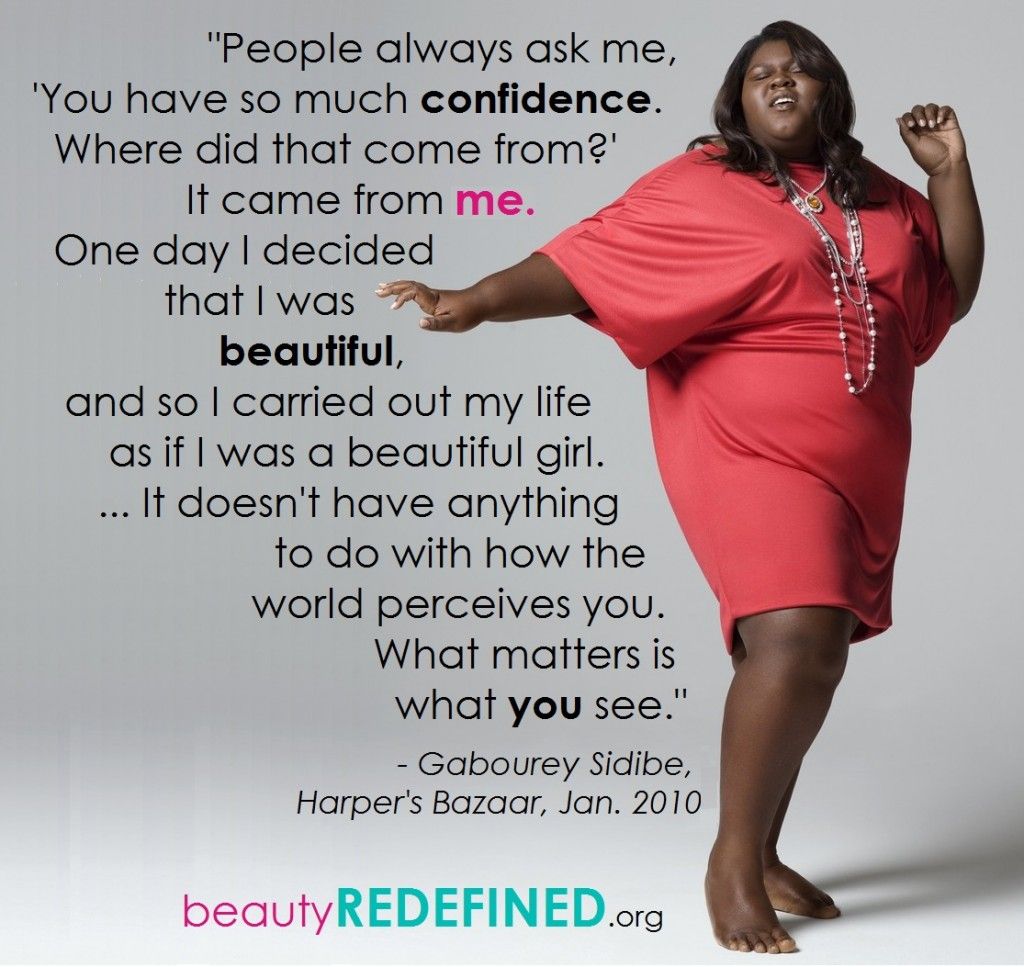Your Weight Does Not Define Your Worth
Jun 06, 2019 • 61 views
Body positivity is a social movement that assumes that all humans should have a positive body image. Connie Sobczak and Elizabeth Scott created The Body Positive in 1996 because of their shared passion to create a lively, healing community that offers freedom from suffocating societal messages that keep people in a perpetual struggle with their bodies.

Body positivity is unlearning the fact that only individual organizations are worthy of acceptance and praise, and instead of recognizing that all shapes are equally valuable. People generally tend to choose the skinny over fat, and this leads to self-loathing and dissatisfaction of oneself. The body positivity movement's ultimate goal is to make people accept and appreciate each kind and type of body. The other purposes include to eradicate a standard level of beauty and to build self-confidence and self-esteem among each other.

The maneuver is based on the image basing their sense of dignity heavily on their carriage and posture, and how good they perceive themselves to look. This is alluded in the psychological fields as appearance-contingent self-worth and can be highly detrimental to an individual's body image. The extent to which one feels proud of their posture is referred to as appearance self-esteem. People who fall under the appearance-contingent self-worth dilemma put considerable effort into looking their best so that they feel their best. This is only good when an individual thinks that they look good, but is exceptionally harmful and anxiety-inducing when they do not.
The body positivity movement focuses mostly on women, because of the fact that appealing societal standards appeal more prevalently to women than they do to men. Men, however, often face similar societal pressures as women to fit a mold of a specific model of the "ideal" muscular man. Qualities that provide that structure are a broad upper body, muscular arms, shoulders, pectoral muscles, etc. Men may face apprehension similar to women, and feel pressure to maintain or shape their bodies a sure-fire way to fit the mold, and can undoubtedly struggle with body image. Men and boys struggle with body dysmorphia and eating disorders such as anorexia nervosa and bulimia nervosa as well. It is not that much popular as compared to women's problems.

Body positivity remains mostly concerned and discussed concerning female populations, but still applies to people of all genders, ages, ethnicities, sexual preferences, religions, and sexes. Body positivity remains mostly concerned and discussed concerning female populations but still applies to people of all genders, ages, ethnicities, sexual preferences, religions, and sexes.
Mentioned below are some ways through which body positivity can increase-
·Do not compare yourself with anybody else. You are best the way you are
·Life is not just about body and the posture. We have been sent to the world to make it a beautiful place.
·Focus on the things that you can change.
·Meditate and eat mindfully
·Eat to live not live to eat.
